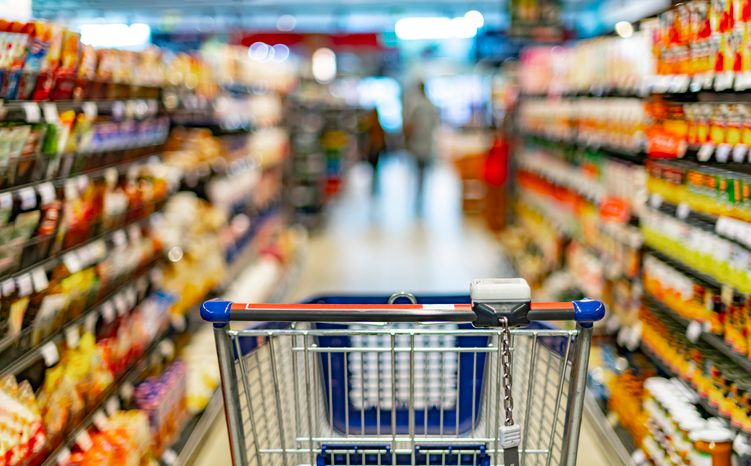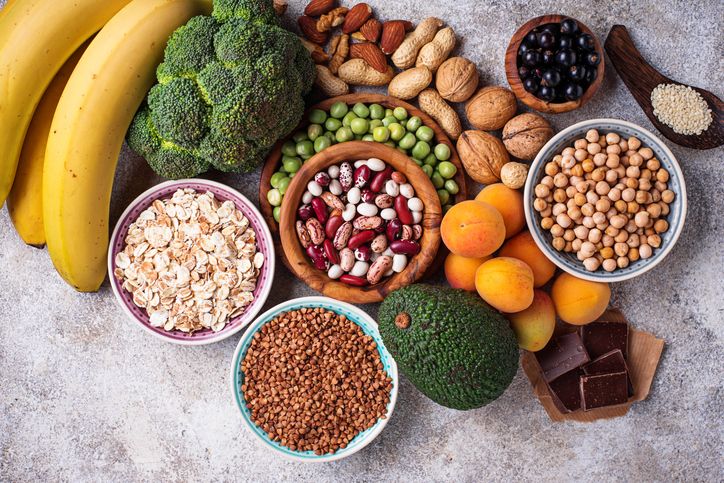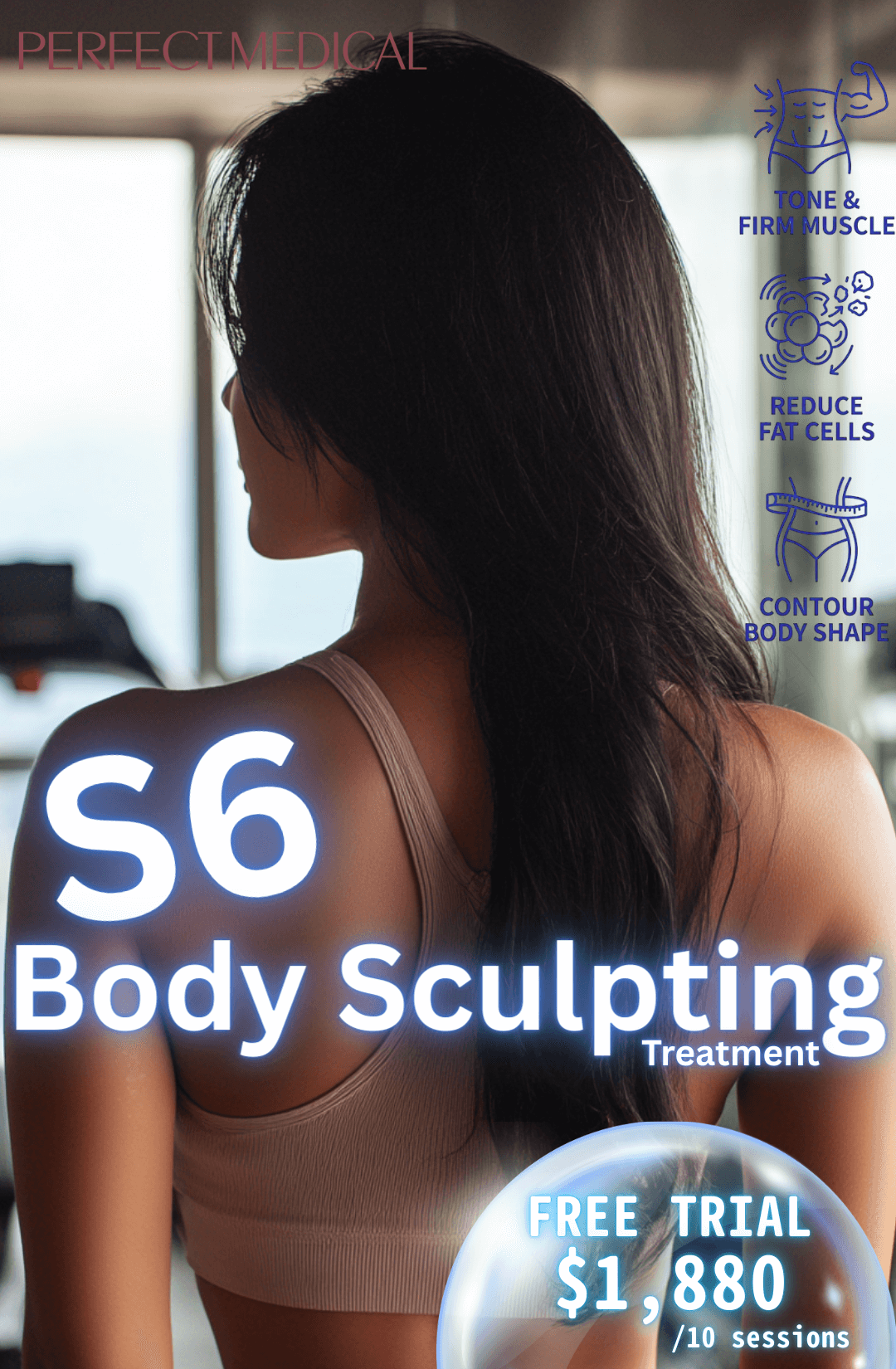
- Home
- Trend
- Weight Loss Strategies
- Acne Tips
- Hair Health Information
- Blemish Removal Tips
- Acne Scar Removal Tips
- Muscle Building Techniques
- Intimate Care Tips
- Postpartum Intimate Care
- Eye Bags Wiki
- Tips for Face Slimming
- Secret of Permanent Hair Removal
- Breast Enlargement Tips
- Cure to Snoring
- Marionette Lines
- Skin-Tightening Secrets

免費體驗
S6 Body Sculpting Treatment
1 Minute Self-Registration
Date should not be before minimal date
In a world awash with weight loss gimmicks, separating truth from hype is crucial for those striving for genuine, sustainable health. This article takes a sceptical stance on the world of foods for weight loss, exploring the efficacy of various dietary choices and shedding light on the path to healthy living.
1
Critical Evaluation of 10 Foods for Weight Loss That Might Not Help You Lose Weight

1. Heart-Healthy Fats
2. "Superfoods"
3. "Low-Fat" and "Fat-Free" Products
4. Artificial Sweeteners
5. Detox Diets
6. Protein Supplements
7. Gluten-Free Diets
8. Organic Foods
9. Energy Drinks
10. Juicing and Juice Cleanses

2
Try These True Nutritious Foods to Lose Weight Safely

Avocado
Quinoa
Chia Seeds
Broccoli
Sweet Potatoes
Greek Yoghourt
Almonds
Eggs
Lentils
Cauliflower
Leafy Greens (e.g., Spinach, Kale)
Berries
- Sit and Slim Down: How to Tell Real vs. Fake Belly Fat — Reduce Central Obesity While Sitting Down?
- How to Get Rid of a “Dowager’s Hump”? One-Minute Self-Test + 4 Corrective Exercises to Restore a Beautiful Neckline
- 19 Best Core Exercises for Strong, Slim, Toned Abs, Science-Explained!
- Laser Lipo, HIFU, Cryolipolysis & More: Are These Popular Fat-Reduction Methods Worth It?
3
The Body Fat Killer: 3 Recipes to Help You Lose Weight

1. Avocado and Quinoa Salad with Lemon Chia Seed Dressing
2. Sweet Potato and Lentil Stew with Cauliflower Rice
3. Berry and Greek Yogurt Parfait with Almond Granola

4
S6 Body Sculpting Treatment: Here’s Your Ticket to A No-Diet, No-Exercise Easy Weight Loss!

免費體驗
S6 Body Sculpting Treatment
1 Minute Self-Registration
Date should not be before minimal date
5
Conclusion


免費體驗
S6 Body Sculpting Treatment
1 Minute Self-Registration
Date should not be before minimal date
FAQ

1. What is the recommended dietary fibre intake, and how can I achieve it?
The recommended dietary fibre intake is 25 grams for women and 38 grams for men per day. You can reach this goal by incorporating fibre-rich foods such as whole grains, fruits, vegetables, and legumes into your diet.
2. What are the best foods to include in a healthy weight loss plan that can promote fat burning?
This includes lean proteins like chicken and fish, plenty of fruits and vegetables, whole grains, and healthy fats such as avocados and nuts. These foods provide essential nutrients while supporting a diet with fewer calories.
3. How can I ensure I consume enough lean protein for muscle development?
To meet your lean protein needs for building and maintaining muscle mass, include sources like chicken, turkey, fish, eggs, tofu, and legumes in your diet. Aim for 0.8 to 1.2 grams of protein per kilogram of body weight, depending on your activity level and fitness goals.
4. Why are important fat-soluble vitamins crucial for overall health?
Important fat-soluble vitamins, including vitamins A, D, E, and K, play vital roles in various bodily functions such as bone health, immune system support, and antioxidant protection. Including sources like leafy greens, dairy, and fatty fish in your diet ensures an adequate intake of these essential vitamins.
5. How does gut health impact overall well-being, and what foods promote it?
Gut health is crucial for digestion, nutrient absorption, and immune function. To promote gut health, include foods rich in dietary fibre, such as fruits, vegetables, and whole grains. Fermented foods like yoghurt and kefir containing probiotics also contribute to a healthy gut microbiome.








